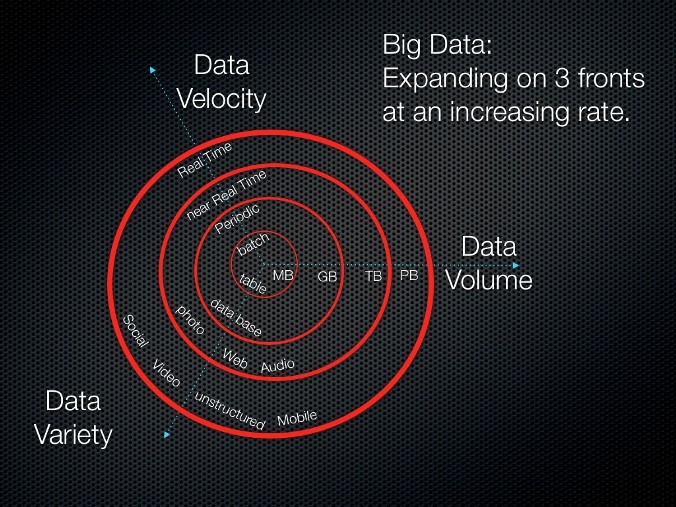
When Microsoft bought LinkedIn for $26 billion in 2016, many believed Satya Nadella wasted his money. But what he had acquired was something more than a mere social network for job seekers; he had taken control over the world’s most massive, extremely powerful and frequently updated databases functioning in the form a digital media company. It now had access to where influencers went to school, previously worked, what skills they had and what they aspired to be. Microsoft suddenly knew a lot more about you than before.
In this era of science and technology ‘data’ has taken precedence over products. The firm which can best analyse statistics and data to produce viable results is seen to be often more successful than competitors who solely compete regarding their hardware. Avenues which might seem free from the use of technology such as sports, too heavily rely on analytics of various players to best gauge their weakness, strengths etc. to improve performance. With the passage of time, the amount of data which has to be stored has become voluminous and is now referred to as big data. When traditional data mining and handling techniques cannot uncover the insights and meaning of the underlying data, a different processing approach called big data, which uses massive parallelism on readily-available hardware is employed. It is often characterised by the 3Vs: the volume of data, the variety of data types and the velocity at which data is processed.
Targeted Advertising
One of the most common applications and usage of big data helps advertisers understand the behaviour and preference of potential customers. Input from social media activity, Google searches and browser logs helps create a model to identify what would attract and compel users to buy a variety of products.
Companies can predict when you are expecting a baby, when you are most likely to take a vacation and which time of the year are you prone to spending more. It isn’t a coincidence you see advertisements of resorts and hotels just when you think of planning to take a couple of days off.
Even government election campaigns can be optimised using big data analytics. Some believe Obama’s win after the 2012 presidential election campaign was due to his team’s superior ability to use big data analytics.
Improving Sports Performance
Cricket is no longer a game of merely a ball and bat; it has become a game of Hawkeye, speed guns, LED bails and Snickometers. Technology has crept deep within sports, which is somewhat ironic considering it was used as recreation to take you away from daily chores revolving around computers. Not only cricket but, most elite sports have now embraced big data analytics. IBM SlamTracker tool is used for tennis tournaments; video analytics track the performance of every player in a game, and sensor technology in sports equipment such as basketballs or golf clubs allows us to get feedback on our game and how to improve it. Technology goes beyond the field too as most sporting events also involve tracking fitness and diet of players.
Improving Healthcare
We can now decode almost entire DNA strings in minutes; it allows us to find new cures and better understand and predict disease patterns. Wearables have become increasingly popular today, and the bunch load of sensors they come bundled with help record and analyse data from sleep cycles to your heart rate.
Hospitals extensively employ such patterns to monitor patients and predict most suitable medication. There are of course certain flaws with the system, Google accepted the fact that searching for symptoms might not necessarily mean you have them. Also looking up symptoms of common cold might lead you to believe you have cancer, which isn’t true either.
There was a time when the companies topping various charts were conglomerates with expertise in oil, electricity and transportation; but times have changed, and the ones who can mine most data, analyse it and cater to its customers sustain on the top while the rest wither away.
Written by Abhishek Mishra


Leave a Reply
You must be logged in to post a comment.